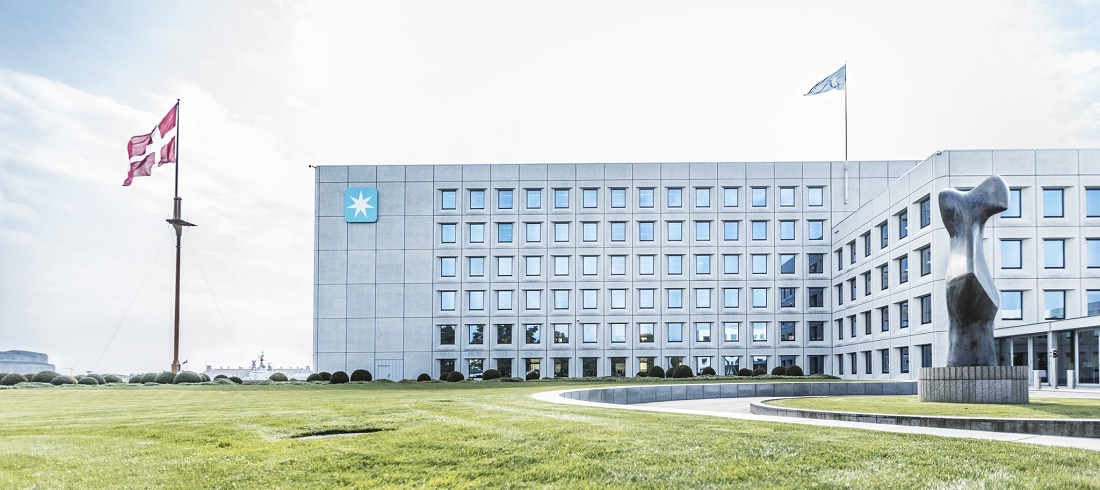
Maersk to pioneer first container vessel conversion to methanol dual-fuel engine
Jun, 21, 2023 Posted by Gabriel MalheirosWeek 202324
As the first in the shipping industry, A.P. Moller – Maersk (Maersk) will retrofit an existing ship to a dual-fuel methanol powered vessel and thereby able to sail on green methanol1. The first engine retrofit in the industry is scheduled to be conducted medio 2024 and it is the intent to replicate on sister vessels when going for special survey in 2027.
“We have set an ambitious net-zero emissions target for 2040 across the entire business and have taken a leading role in decarbonising logistics. Retrofitting of engines to run on dual-fuel methanol is an important lever in our strategy at Maersk. With this initiative, we wish to pave the way for future scalable retrofit programs in the industry and thereby accelerate the transition from fossil fuels to green fuels. Ultimately, we want to demonstrate that methanol retrofits can be a viable alternative to new buildings,” said Leonardo Sonzio, Head of Fleet Management and Technology at Maersk.
Maersk has signed an agreement with MAN Energy Solutions (MAN ES) who will retrofit the engine.
“In 2021, we ordered the world’s first methanol-enabled container vessel following a commitment to the principle of only ordering newbuilt vessels that can sail on green fuels. Concurrently at Maersk, we have explored the potential in retrofitting existing vessels with dual-fuel methanol engines. Having teamed up with MAN ES, we are now ready to demonstrate how retrofitting vessels with methanol dual-fuel capabilities can be done,” explained Sonzio.
Besides aiming to achieve net-zero in 2040, Maersk has also set tangible near-term targets for 2030 to ensure alignment with the Paris Agreement and Science Based Targets initiative (SBTi) methodology. This translates to a 50% reduction in emissions per transported container in the Maersk Ocean fleet compared to 2020, and furthermore 25% of its container volume will by 2030 be transported using green fuels.
Project to begin next year
Replacing engine parts and thereby making the engine able to operate on methanol is a rather complex task, but only a part of the larger retrofit operation. For instance, new fuel tanks, fuel preparation room and fuel supply system are also a part of the retrofitting the vessel for green methanol.
“Detailed engineering for the first retrofit is ongoing and the actual implementation will take place in the middle of 2024. Meanwhile, discussions with potential yards are ongoing,” explained Ole Graa Jakobsen, Head of Fleet Technology and responsible for the retrofit project at Maersk.
Maersk is currently operating more than 700 vessels with around 300 of them being owned by Maersk.
1 Maersk defines “green fuels” as fuels with low to very low GHG emissions over their life cycle compared to fossil fuels. Different green fuels achieve different life cycle reductions depending on their production pathway. By ‘low’ we refer to fuels with 65-80% life cycle GHG reductions compared to fossil fuels. This covers, e.g., some biodiesels. ”Very low” refers to fuels with 80-95% life cycle GHG reductions compared to fossil fuels. For commodity biofuels like, e.g., biodiesel for road transport, the minimum GHG savings are typically governed by standards like the EU Renewable Energy Directive (RED), and we align our minimum reduction thresholds for fuels to the RED. For future fuels like methanol where Maersk is involved in the project design and development, we strive to achieve higher GHG reductions than the legislative thresholds.
-
Ports and Terminals
Mar, 06, 2023
0
DP World invests BRL 200 million to increase container capacity in Santos
-
Ports and Terminals
Jan, 14, 2022
0
Port terminals must review contracts with the end of Reporto
-
Ports and Terminals
Nov, 03, 2023
0
Another Record: Itaqui Port Achieves Best-Ever Month for Cargo Movement
-
Meat
Apr, 07, 2020
0
China licences receipt of Brazilian fish imports from another 11 companies


